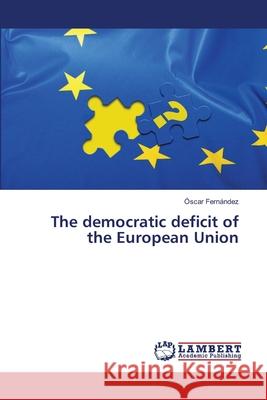The democratic deficit of the European Union » książka
The democratic deficit of the European Union
ISBN-13: 9783659478635 / Angielski / Miękka / 2013 / 76 str.
The European Union prides itself in being a global defender of democracy. Nevertheless, most people still tend to regard European integration as a distant and bureaucratic process driven primarily by the elites. Is an enhanced democracy feasible on a supranational level and, if so, is it desirable? These crucial questions have acquired even more relevance since the onset of the current economic crisis, which has brought about new challenges that pose a threat to the stability of the European project. By exploring identitary, socioeconomic and institutional issues, this book aims at shedding some light on the democratic dimension of the European Union and determining the measures that should be undertaken.
The European Union prides itself in being a global defender of democracy. Nevertheless, most people still tend to regard European integration as a distant and bureaucratic process driven primarily by the elites. Is an enhanced democracy feasible on a supranational level and, if so, is it desirable? These crucial questions have acquired even more relevance since the onset of the current economic crisis, which has brought about new challenges that pose a threat to the stability of the European project. By exploring identitary, socioeconomic and institutional issues, this book aims at shedding some light on the democratic dimension of the European Union and determining the measures that should be undertaken.











